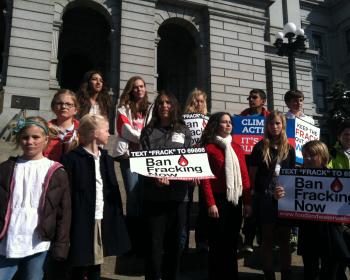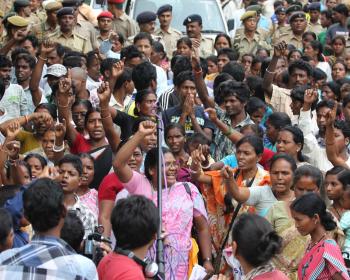On June 4, 2013, 144 Munduruku Indians boarded Brazilian Air Force Planes in Altamira en route to Brasilia to attend talks with the government to address a week-long occupation of the contentious Belo Monte dam on the Xingu River. Amazonian Indians from the Munduruku along with those from the Juruna, Kayapo, Xipaya, Kuruaya, Asurini, Parakana, and Arara tribes have bonded together to occupy the main construction site of the Belo Monte hydroelectric dam—a dam costing $14 billion and projected to be the third largest dam in the world.


